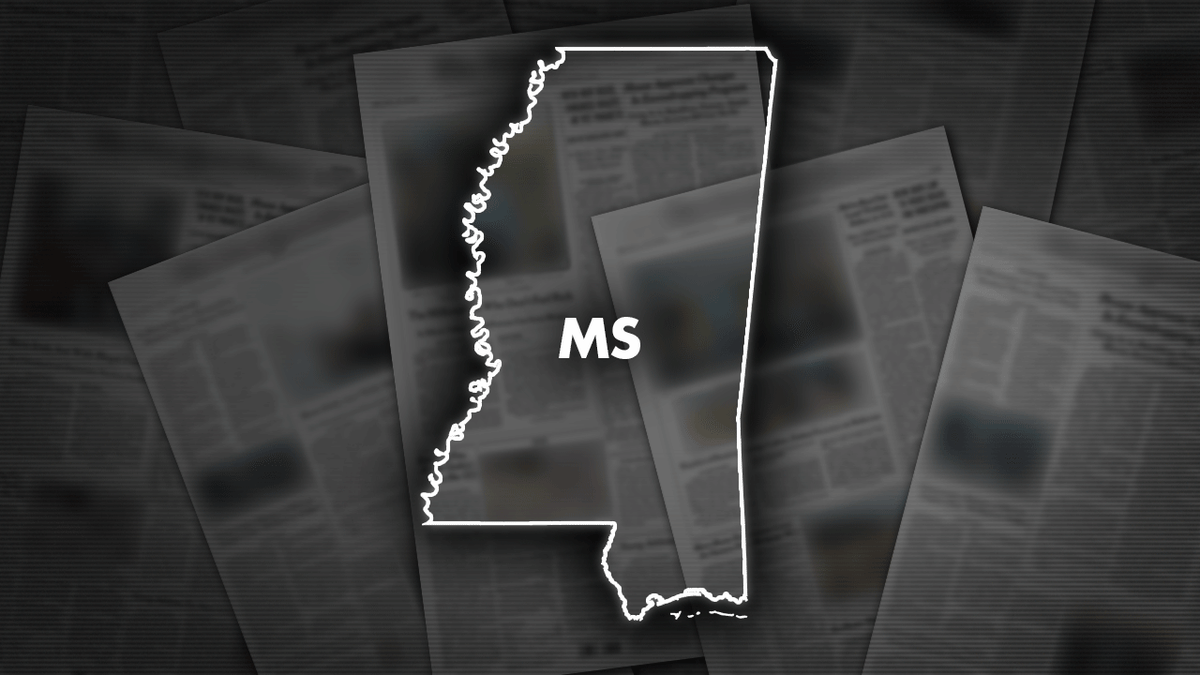Following Japan's announcement to release treated radioactive wastewater from the Fukushima nuclear power plant into the Pacific Ocean, Hong Kong's Chief Executive John Lee cautioned that the city may implement a ban on seafood imports from a significant number of Japanese prefectures. Lee emphasized the unprecedented nature of the discharge and the government's commitment to prioritizing public health and safety, especially for future generations. While he didn't specify the affected prefectures or products, the potential ban signifies a strong stance against Japan's plan.
The Fukushima Daiichi nuclear plant suffered catastrophic damage in 2011 due to an earthquake and tsunami, leading to reactor meltdowns and substantial radiation leaks. Since the disaster, water used to cool the reactor cores has been stored in tanks, which are nearing capacity. Japan's government intends to release the treated water, claiming it poses negligible environmental and health risks after dilution. However, this decision has sparked considerable opposition from neighboring countries, local fishing communities, and international organizations worried about potential long-term consequences.

A Tokyo Electric Power Company representative discusses the facility designed for wastewater release at the Fukushima Daiichi nuclear power plant. (Kyodo News via AP, File)
Despite the UN nuclear agency's endorsement of Japan's plan, anxieties persist regarding its potential impact. Hong Kong currently restricts imports of specific products from Fukushima and requires radiation certificates for others from nearby prefectures. Lee assured the public that Hong Kong will develop appropriate policies to address Japan's actions and protect its food supply. Although Japanese imports constitute a small percentage of Hong Kong's total food intake, the popularity of Japanese cuisine and the prevalence of Japanese restaurants in the city underscore the significance of this issue for residents.
The operator of the damaged nuclear plant recently initiated equipment tests for the planned discharge, further escalating tensions. China has already implemented import restrictions on food products from ten Japanese prefectures, including Fukushima, reflecting the regional concerns surrounding this contentious issue.








